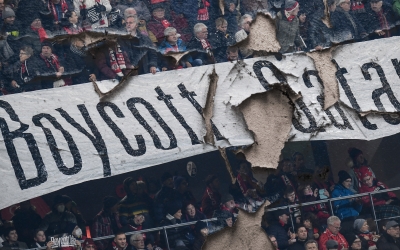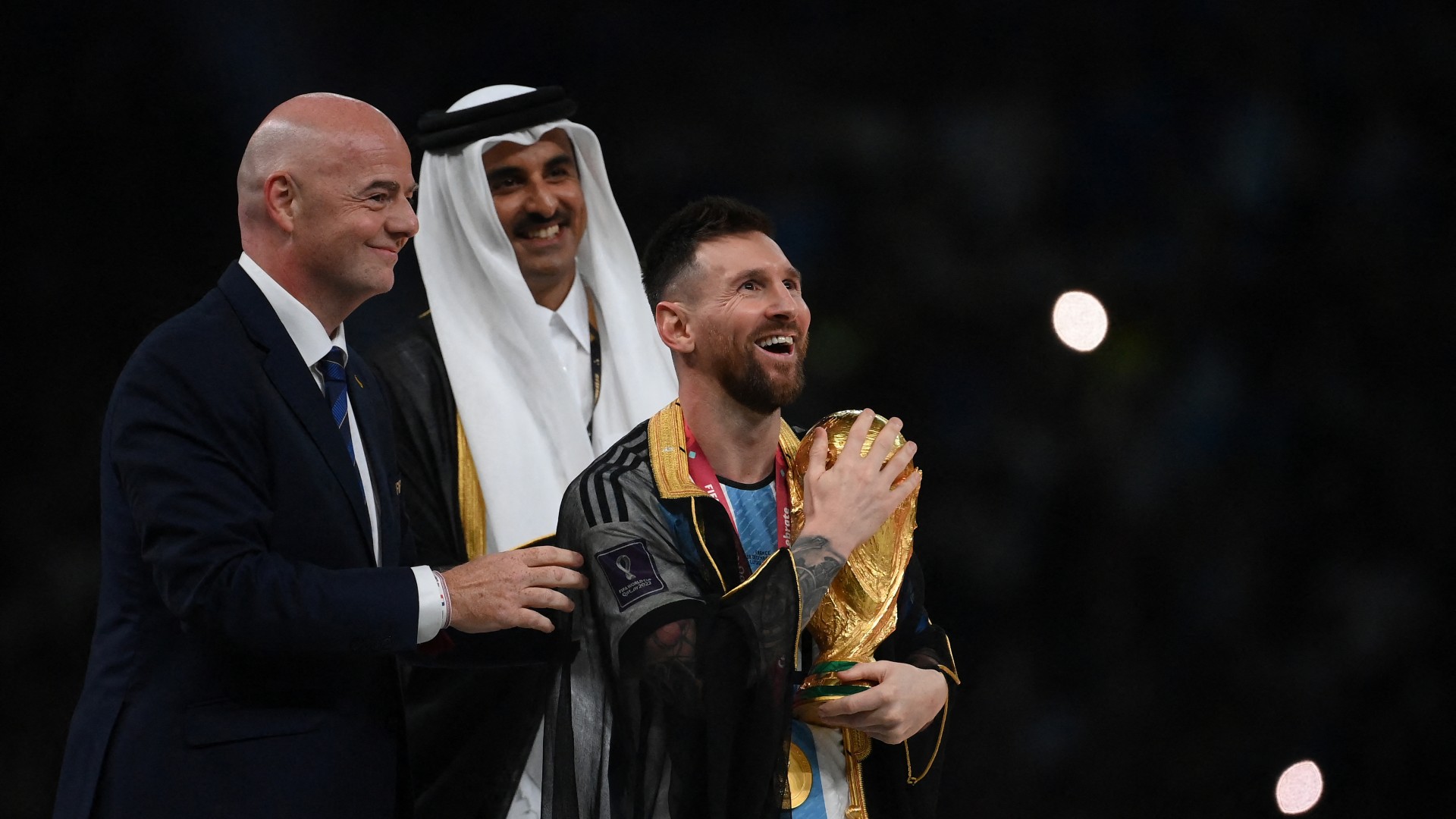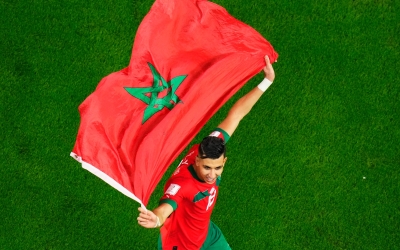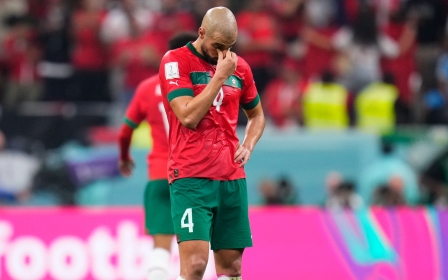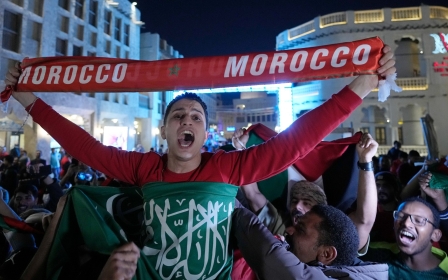Why Qatar's World Cup has been a magnificent success
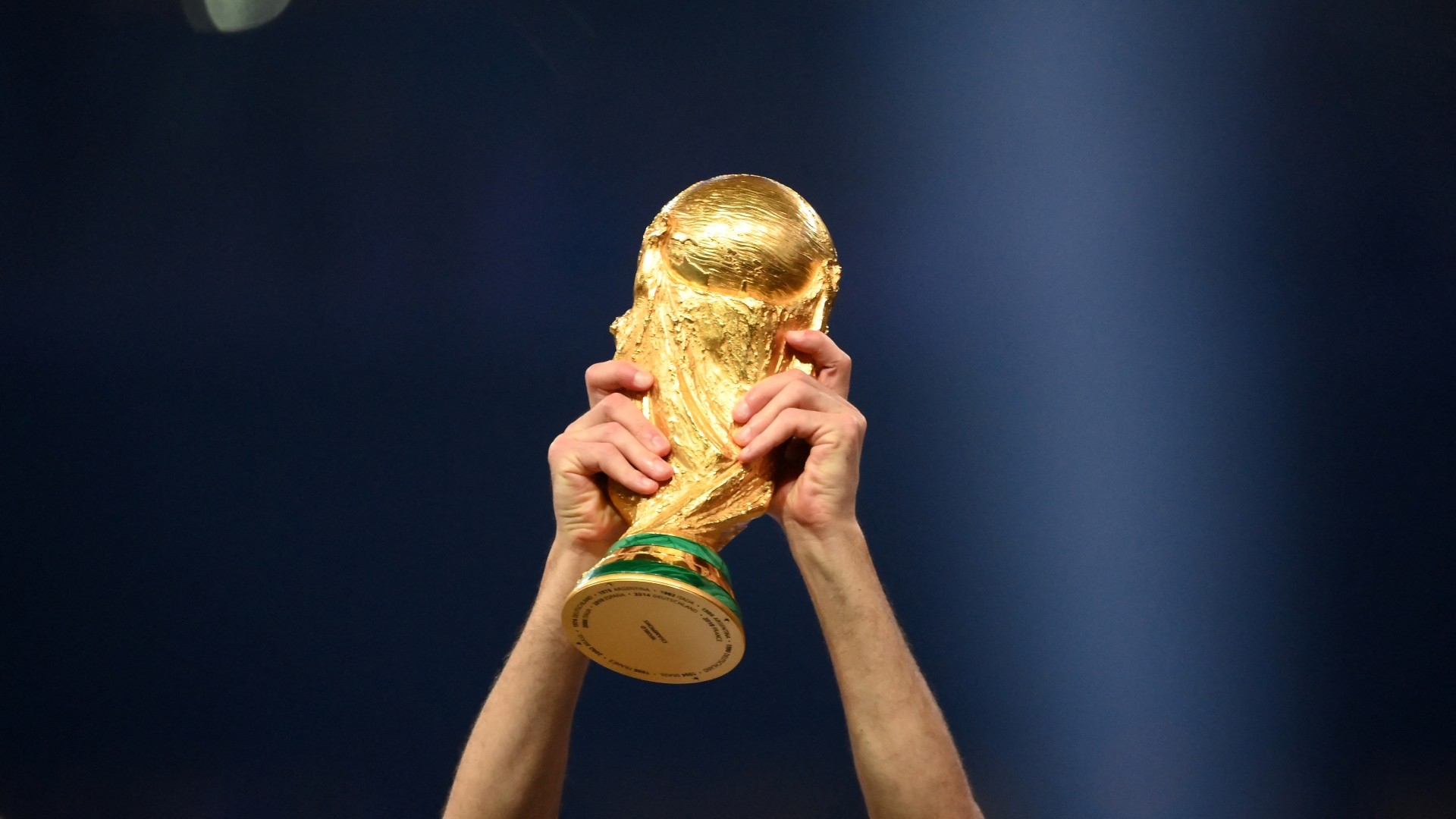
In the run-up to the 2022 World Cup, the western media subjected its host, Qatar, to a campaign of ferocious and disproportionate criticism. Journalists painted the country as a cartoonishly barbaric dystopia. So did politicians. UK's Labour leader Keir Starmer said the party will not be sending any member to attend the tournament in Qatar.
Western coverage of the World Cup has laid bare the cultural arrogance of many journalists
Condemnation went far beyond reasonable criticisms of human rights issues. Often it was ignorant and orientalist. There was rampant and sometimes gleeful speculation that Qatar wasn’t ready to host the tournament and outrage at the last-minute ban on alcohol being sold in stadiums.
There were false stories about South Asian migrants being bribed to support football teams. The BBC decided not to broadcast the opening ceremony, despite having done so for the 2018 World Cup in Russia.
Now that the tournament is over. Defying all predictions of disaster and doom, it has been a magnificent success.
There were no riots in Doha, no significant disruptions and no big organisational disasters. The whole event, in fact, proceeded smoothly: it was the first World Cup in history at which no England fan was arrested.
New MEE newsletter: Jerusalem Dispatch
Sign up to get the latest insights and analysis on Israel-Palestine, alongside Turkey Unpacked and other MEE newsletters
No gloom and doom
Now that the tournament has finished, Qatar should of course continue to face scrutiny over human rights issues like the treatment of migrant workers and minority rights. Yet, many commentators seem intent on castigating the country’s cultural traditions to an absurd degree.
They did so on Sunday when Qatar’s emir, Sheikh Tamim bin Hamad al-Thani, bestowed the bisht, a traditional Arab ceremonial robe, on Argentina’s Lionel Messi for his lifting of the World Cup trophy. This was a gesture of respect and hospitality, intended to honour Messi and display Middle Eastern culture in the final moments of a hugely successful global event.
Not everyone saw it that way.
The Daily Telegraph described it as a "bizarre act that ruined the greatest moment in World Cup history". The BBC presenter Gary Lineker, who had subjected TV viewers to an anti-Qatari rant at the start of the World Cup, sneeringly disapproved, calling the bisht, worn as a mark of honour in Qatar, a "little robe". Laurie Whitwell, star football writer for The Athletic, described Messi wearing it as a "weird, unnecessary look".
Mark Ogden, senior writer at ESPN, was disgusted: “all the pics are ruined by somebody making [Messi] wear a cape that looks like he’s about to have a haircut,” he remarked in a now deleted tweet. "I bet Mbappe is delighted he managed to swerve the weird mesh cloak with gold trim," wrote Channel 5’s Dan Walker in a tweet that’s also been deleted.
It’s not just the British media. On France’s BFM TV, pundits reacted in horror to Messi donning the bisht. They mocked it as a "local tawdry rag" and a "bathrobe". As French Muslims know to their cost, the French media regard any form of Islamic clothing as outrageous and simply wrong.
Rank bigotry
Let’s call all this out for what it is: rank bigotry. Many in the Arab world could be forgiven for assuming that some European journalists, far from being motivated by outrage at Qatar’s human rights record, simply despise Islam and Arab culture.
Western coverage of the World Cup has laid bare the cultural arrogance of many journalists. They treat European norms as neutral and the gold standard. Any celebration of another culture - like the Qatari emir draping a bisht around Messi’s shoulders - gets attacked as a barbarous intrusion.
The BBC, the notoriously bigoted French media, and much of the British press owe a giant apology to Qatar
This aggressive chauvinism has been a feature of much western coverage of this World Cup. Consider the common complaint that the tournament shouldn’t have been held in the winter, which was the case because the summer heat in Qatar is so intense.
The implication of this western grievance was that Europeans shouldn’t be inconvenienced and the rest of the world should bow to Europe’s preferences.
Then there was the reaction to the alcohol ban in stadiums. Some in the British media depicted it as a selfish genuflection to Islamic culture that would ruin the experience for ticket-holders. But many fans from across the world, including not just teetotal Muslims but also women who felt safer and more at home, were delighted by the new rules.
The western media and political class has long insisted that the rest of the world adopt its sensibilities and values. This may explain why they are outraged by Qatar’s confident assertion of its own culture.
A glorious World Cup
Indeed, for the Arab world, this has been a glorious and groundbreaking World Cup, the first to be held in the Middle East. In Doha, visible displays of solidarity with Palestine have been a constant feature of the tournament. For many Muslims, it was profoundly moving to see and hear the Quran recited at the opening ceremony.
There were also the unexpected victories, like Saudi Arabia’s defeat of Argentina early in the tournament, which triggered celebrations that transcended national boundaries and political divisions.
Most significant of all was Morocco’s near-miraculous success as the first team from the Arab world to make it into the final four of a World Cup. Many have experienced the tournament as an historic milestone.
Scores of fans from European countries, meanwhile, embraced their stay in Qatar as an opportunity to learn about Islam and Qatari culture, visiting mosques, making new friends and dressing up in traditional clothes. On the ground, there has been a heartening level of cultural exchange, and a spirit of cosmopolitanism which is badly needed in an increasingly divided world.
The BBC, and in particular Lineker, the notoriously bigoted French media, and much of the British press owe a giant apology to Qatar. It’s time they acknowledged they got it wrong and that Qatar has played host to one of the most magnificent football World Cups in history.
The views expressed in this article belong to the author and do not necessarily reflect the editorial policy of Middle East Eye.
Middle East Eye delivers independent and unrivalled coverage and analysis of the Middle East, North Africa and beyond. To learn more about republishing this content and the associated fees, please fill out this form. More about MEE can be found here.


